ABS یا آکریلونیتریل بوتادین استایرن پلیمری با ساختار آمورف است که از پلیمریزاسیون استایرن و اکریلونیتریل در حضور پلی بوتادین ساخنه می شود.
بسته به درصد هریک از مونومرهای ذکر شده خواص مختلفی در هریک از گرید های ABS دیده می شود.
درصد مواد تشکیل دهنده این پلیمر عبارتند از 15 تا 35 درصد آکریلونیتریل، 5 تا 30 درصد بوتادین و 40 تا 60 درصد استایرن.
پلی بوتادین ماده ای لاستیکی است که باعث ایجاد چقرمگی حتی در دماهای پایین می شود.
با تغییر در میزان این ماده میتوان تغییراتی در ساختار کلی پلیمر از جمله میزان مقاومت و ضربه پذیری ایجاد کرد.
پلیمرهای ABS در برابر اسیدهای آبی، قلیایی، اسیدهای کلریدریک و فسفریک غلیظ، الکل و روغن های حیوانی، گیاهی و معدنی مقاوم هستند.
از پلاستیک ABS عمدتا برای اهداف مکانیکی استفاده می شود.این پلیمر به راحتی با روش های معمول ماشین کاری از جمله اره ، فرز و … قابل پرداخت است.
ABS از پلیمرهای پرکاربرد در تولید قطعات پزشکی است و به راحتی با اشعه گاما و اکسید اتیلن استریل می شود.
برخی معایب این پلیمر همچون عدم شفافیت، مقاومت ضعیف در برابر شعله، دوام پایین در برابر شرایط جوی و نور خورشید.
آسیب پذیری ABS در برابر نور خورشید و تخریب دکمه های آزادسازی کمربند های ایمنی در خودروها، باعث به وجود آمدن یکی از گسترده ترین و گران ترین فراخوان های اتومبیل در تاریخ این کشور شد.
مزایایی از جمله مقاومت بالا در برابر ضربه، پایداری ابعاد در دمای بالا، مقاومت شیمیایی مناسب، قیمت پایین فوزن سبک و … دلیلی بر کاربرد گسترده و وسیع این پلیمر در صنایع مختلف است.
1)تولید لوازم خودرو
2)تولید صفحه کلید کامپیوتر
3)تولید قطعات اسباب بازی LEGO
4)لوازم پزشکی از جمله بخیه های غیرجذبی
5)لوازم خانگی برقی و پوشش مانند ماشین لباسشویی و ماشین ظرفشویی
مهم ترین کاربردهای آکریلونیتریل بوتادین استایرن هستند.


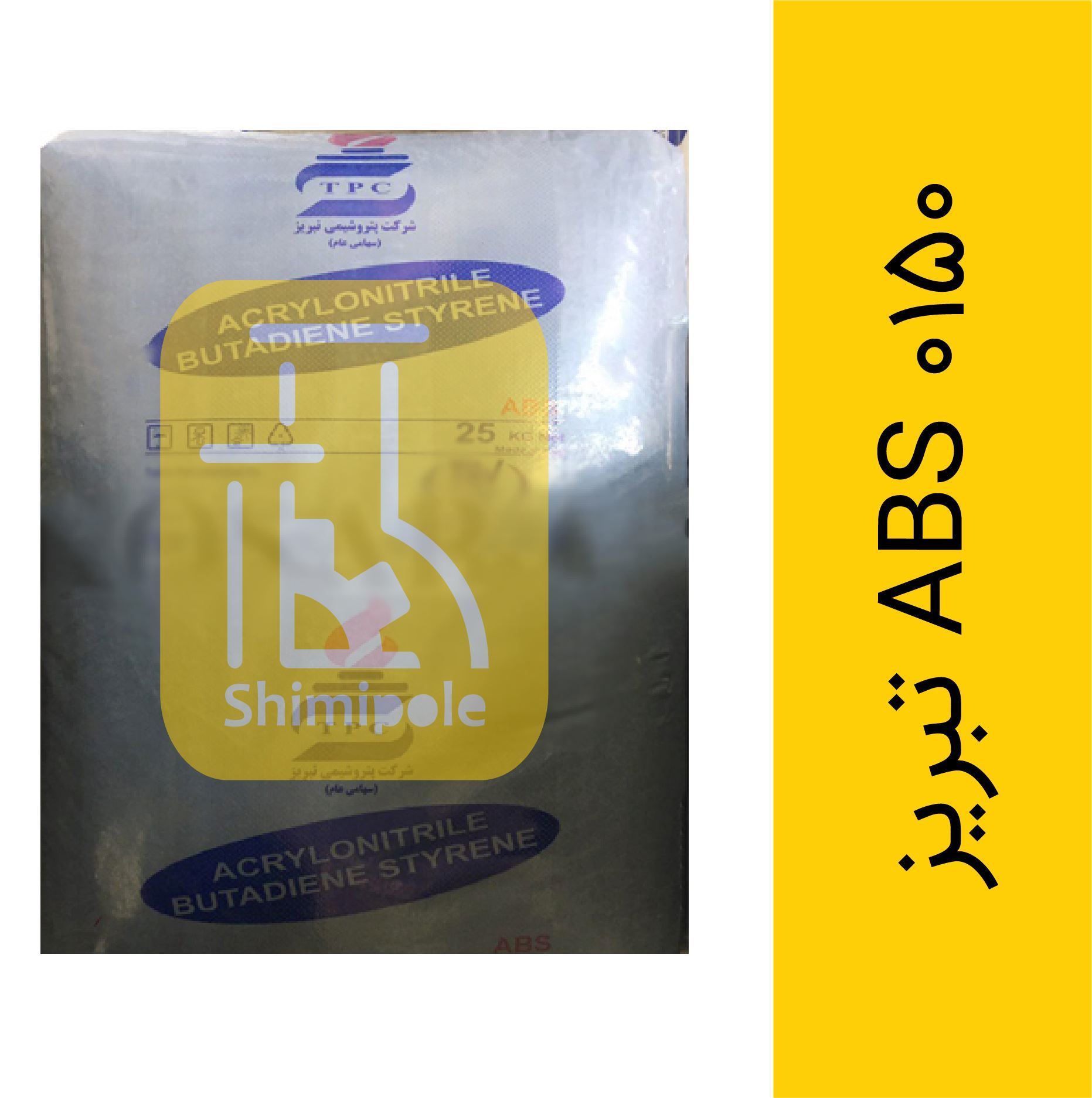
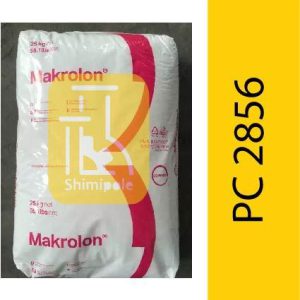
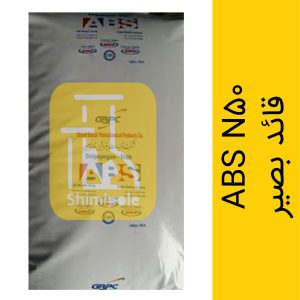
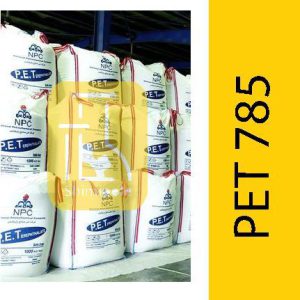
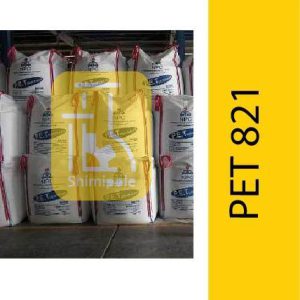
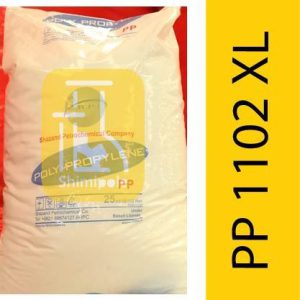
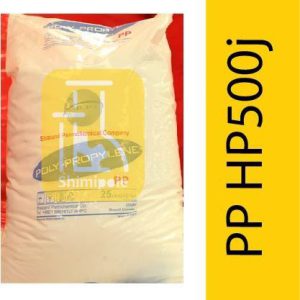
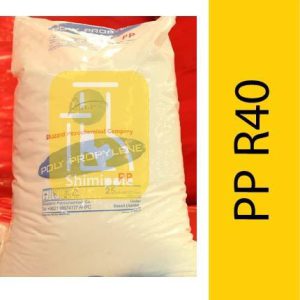
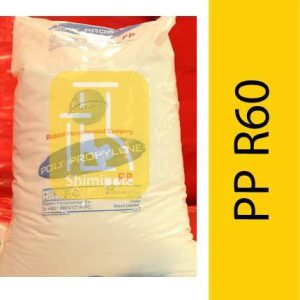
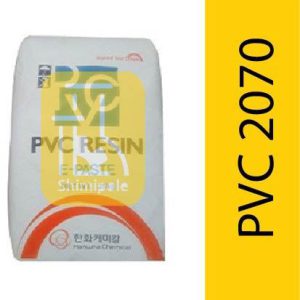
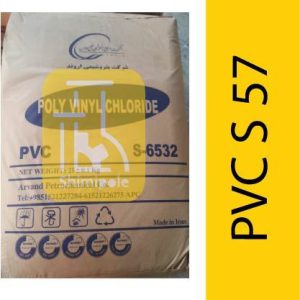

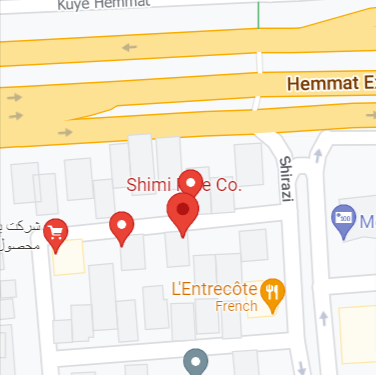
نقد و بررسیها
پاککردن فیلترهاهنوز بررسیای ثبت نشده است.